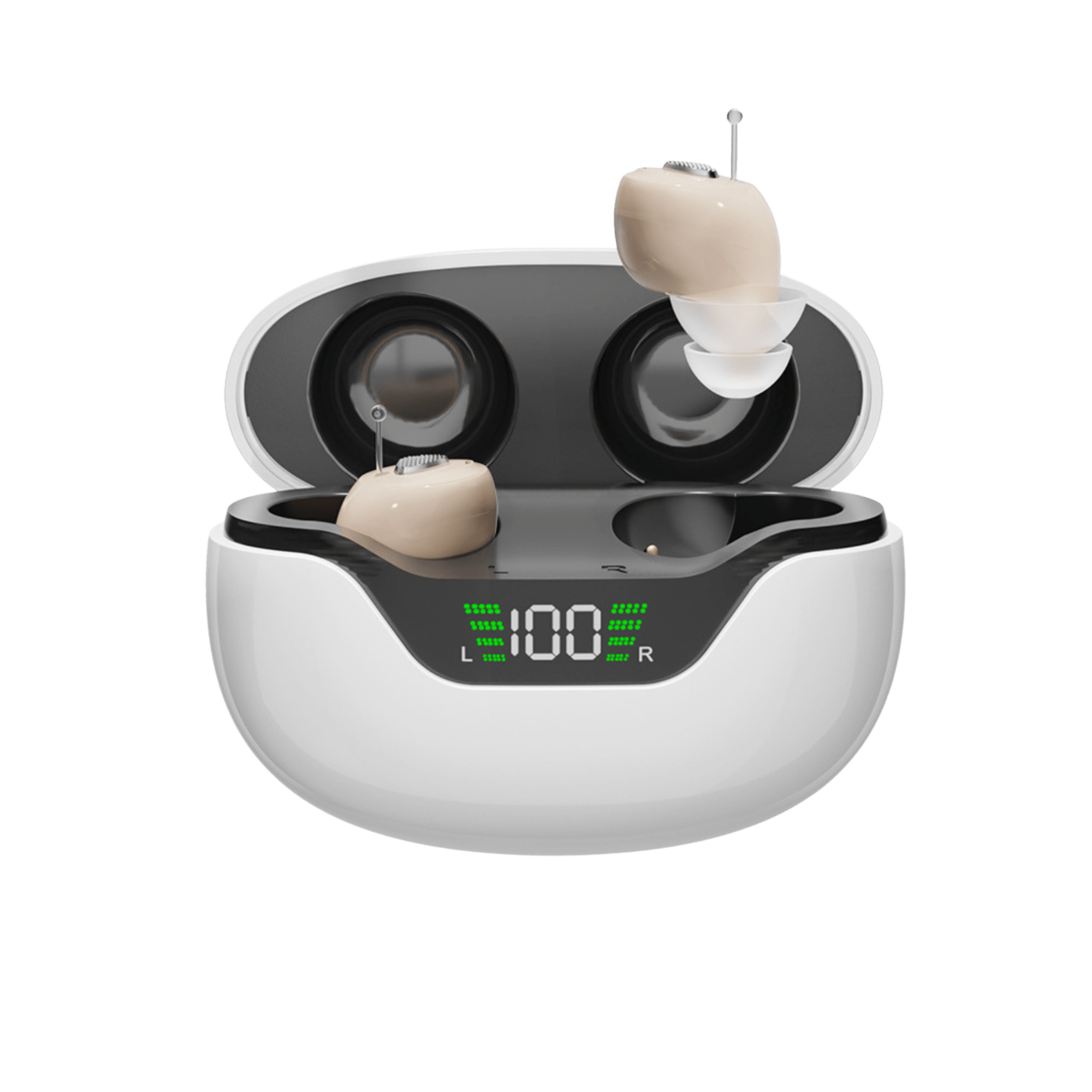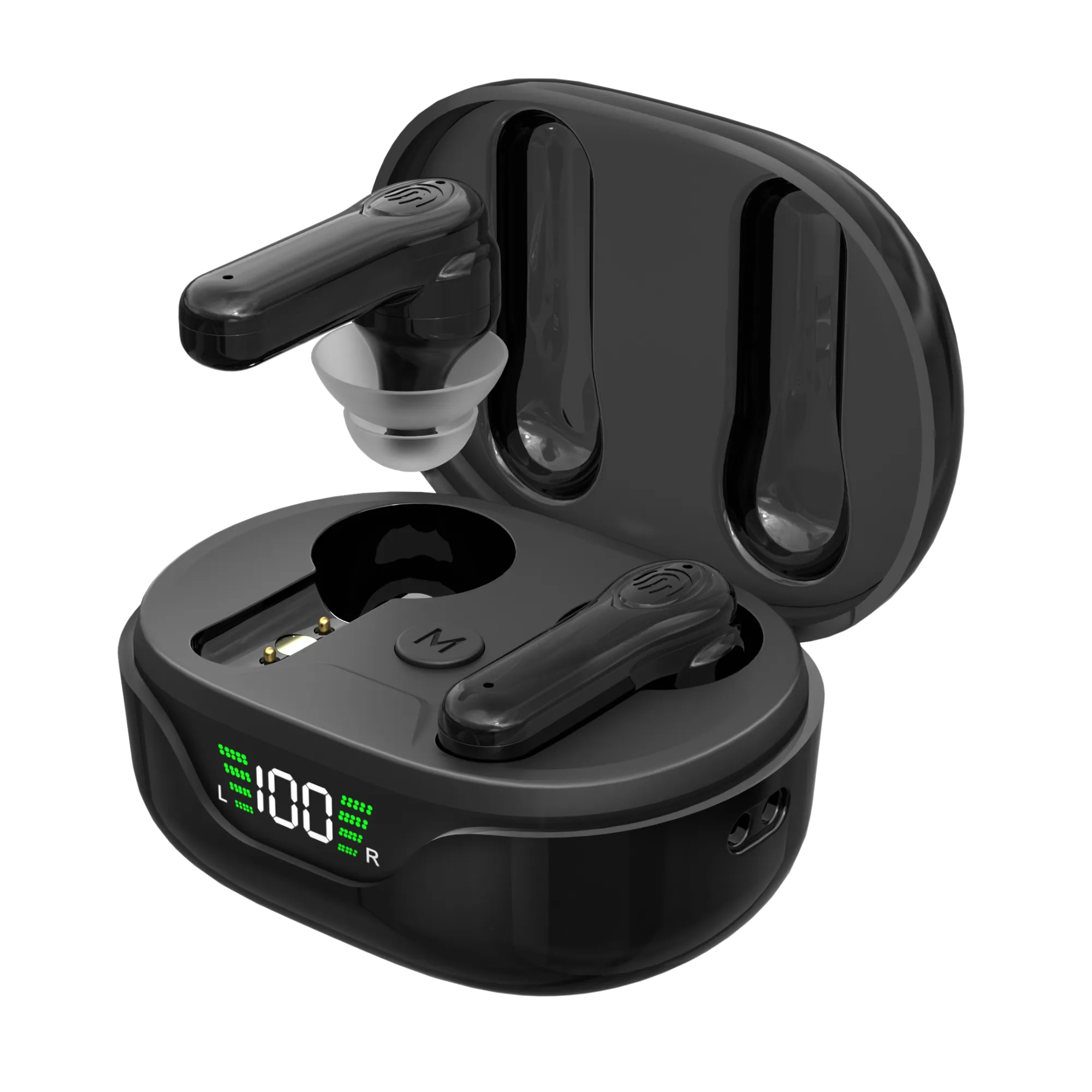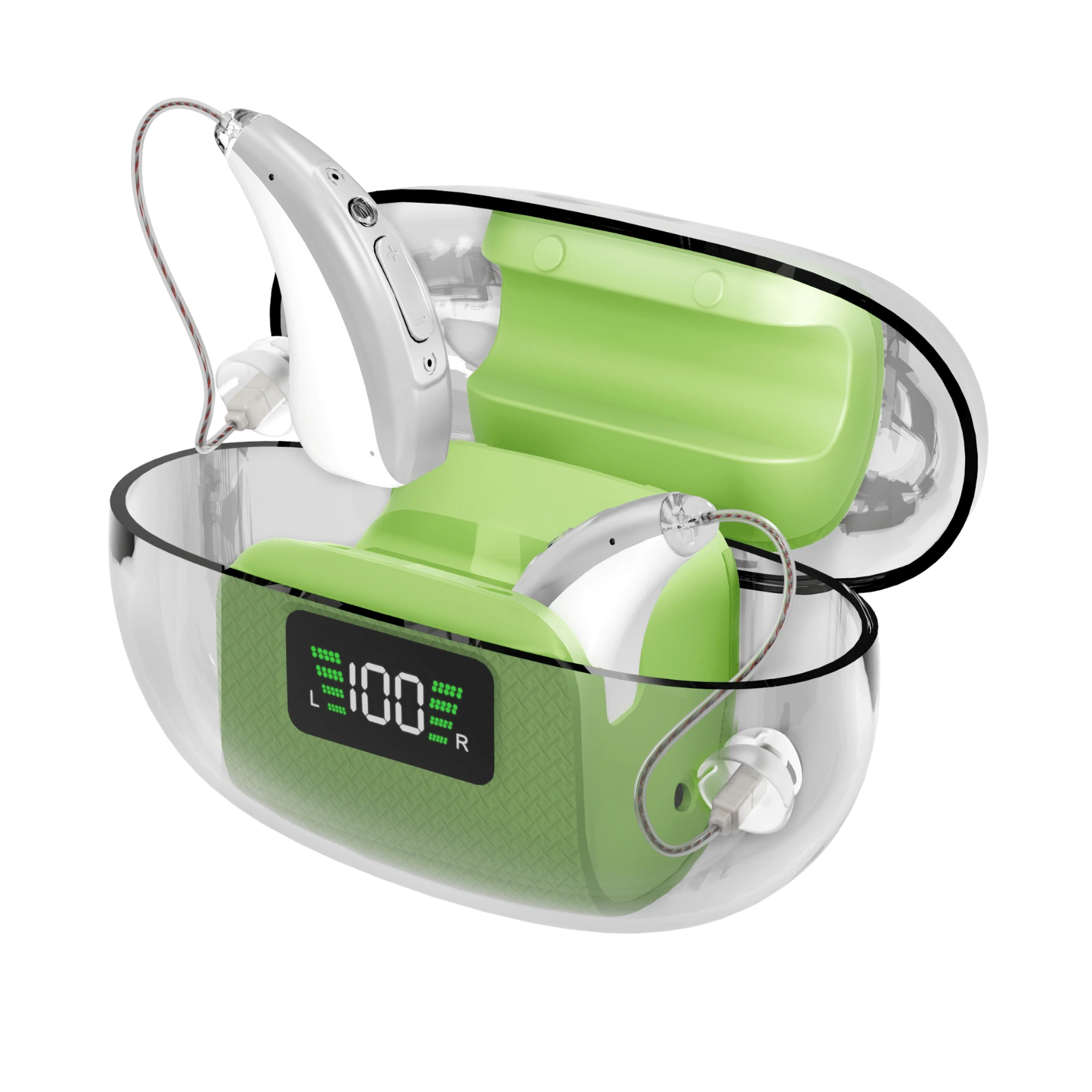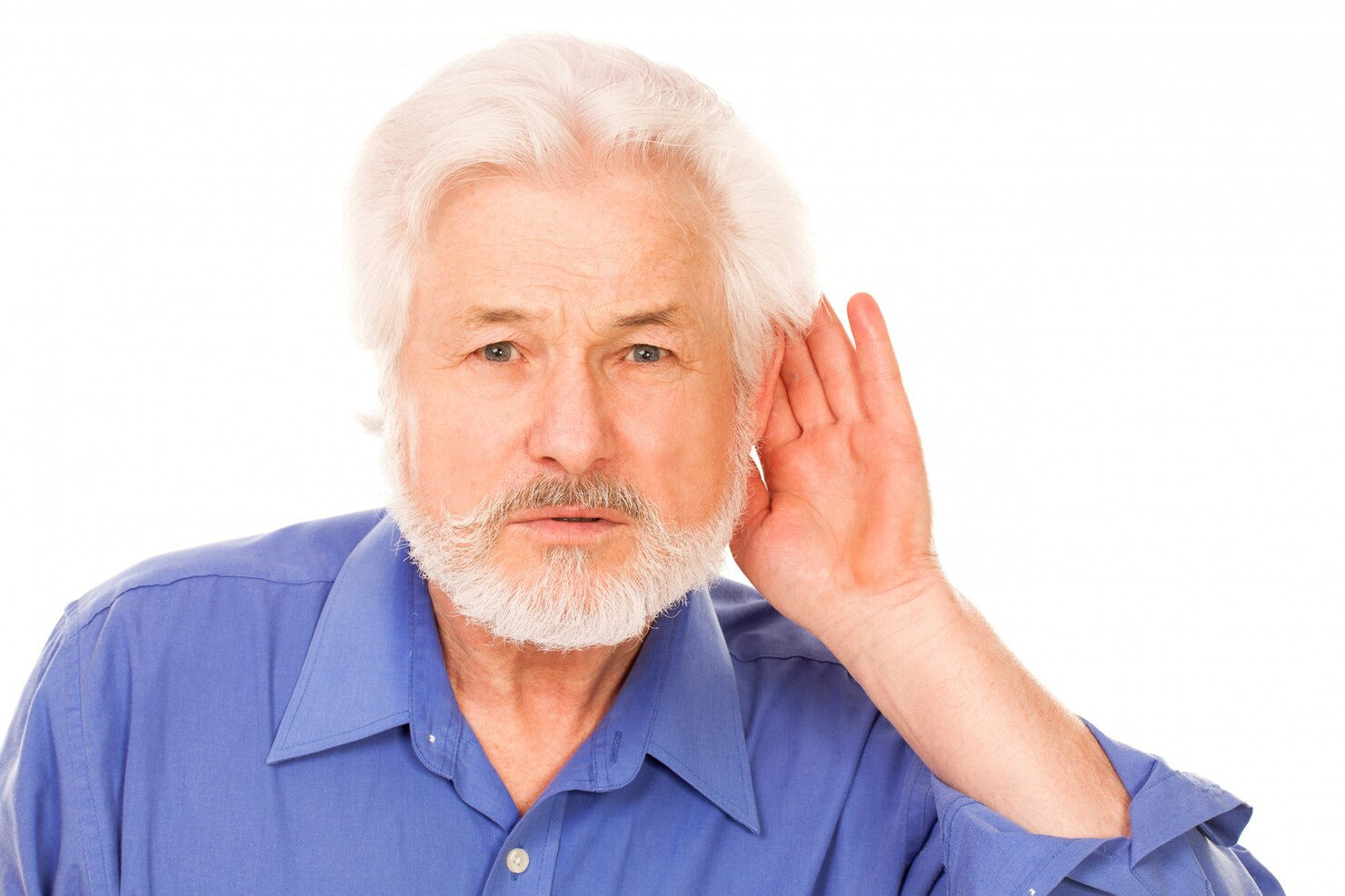For individuals who rely on hearing aids, understanding the do's and don’ts of caring for these devices is critical. One of the most common questions asked by hearing aid users is whether their devices can get wet. Given the considerable investment hearing aids represent, it's important to know how to protect them from potential damage.
Hearing aids are electronic devices, and like most electronics, they aren't fond of moisture. Therefore, it's essential to avoid exposing them to water as much as possible. However, technological advancements have brought about a degree of water resistance in some hearing aids, making them more resilient in the face of moisture. Understanding the Impact of Water on Hearing Aids Water can cause significant damage to hearing aids. Moisture can corrode the electronic components, disrupt battery function, and obstruct the microphone and receiver ports. Over time, repeated or prolonged exposure to moisture can lead to device failure. Several circumstances can expose hearing aids to moisture. Rain, sweat, high humidity, and accidental submersion (like dropping the device in water) are common sources of moisture that can potentially harm the device. Water Resistance vs. Waterproof It's important to differentiate between water-resistant and waterproof hearing aids. Water-resistant devices can withstand a certain degree of moisture. They are designed to survive exposure to sweat or a light drizzle. However, they are not intended to be submerged in water. On the other hand, waterproof hearing aids can withstand a greater degree of water exposure and can usually survive accidental submersion. However, even waterproof devices have their limits, and it is typically not recommended to wear them while swimming or taking a shower. Caring for Your Hearing Aids Despite advancements in water-resistant and waterproof technology, it's best to avoid exposing your hearing aids to water whenever possible. Here are some tips to protect your hearing aids from moisture:
1. Remove Your Hearing Aids for Water-Related Activities: Whether you're going for a swim, taking a shower, or even caught out in heavy rain, it's best to remove your hearing aids to prevent unnecessary exposure to water.
2. Use a Hearing Aid Dehumidifier: These devices can help remove moisture from your hearing aids overnight. They are particularly beneficial if you live in a humid climate or perspire heavily.
3. Handle with Dry Hands: Always make sure your hands are dry before handling your hearing aids. This can prevent moisture from getting into the device.
4. Regular Cleaning: Regularly clean your hearing aids as per the manufacturer’s instructions. This can prevent the build-up of moisture and prolong the device’s lifespan.
When Accidents Happen: What to Do If Your Hearing Aid Gets Wet Despite our best efforts, accidents can happen. If your hearing aid gets wet, here's what to do:
1. Turn off the Hearing Aid: If your hearing aid gets wet, turn it off immediately. This can prevent short circuits and further damage.
2. Remove the Battery: Remove the battery and dry the battery compartment carefully with a soft, dry cloth.
3. Dry the Hearing Aid: Use a dehumidifier to help remove the moisture from the device. Do not use a hairdryer or other heat sources as this could cause additional damage.
4. Consult a Professional: If you're concerned about potential damage, take your hearing aid to a professional for assessment and possible repair. Conclusion In conclusion, while some hearing aids can tolerate a degree of moisture thanks to water-resistant or waterproof features, it's best to keep them as dry as possible. Following proper care and handling procedures can help prolong the life of your device, ensuring it continues to assist you in your day-to-day activities. Understanding





